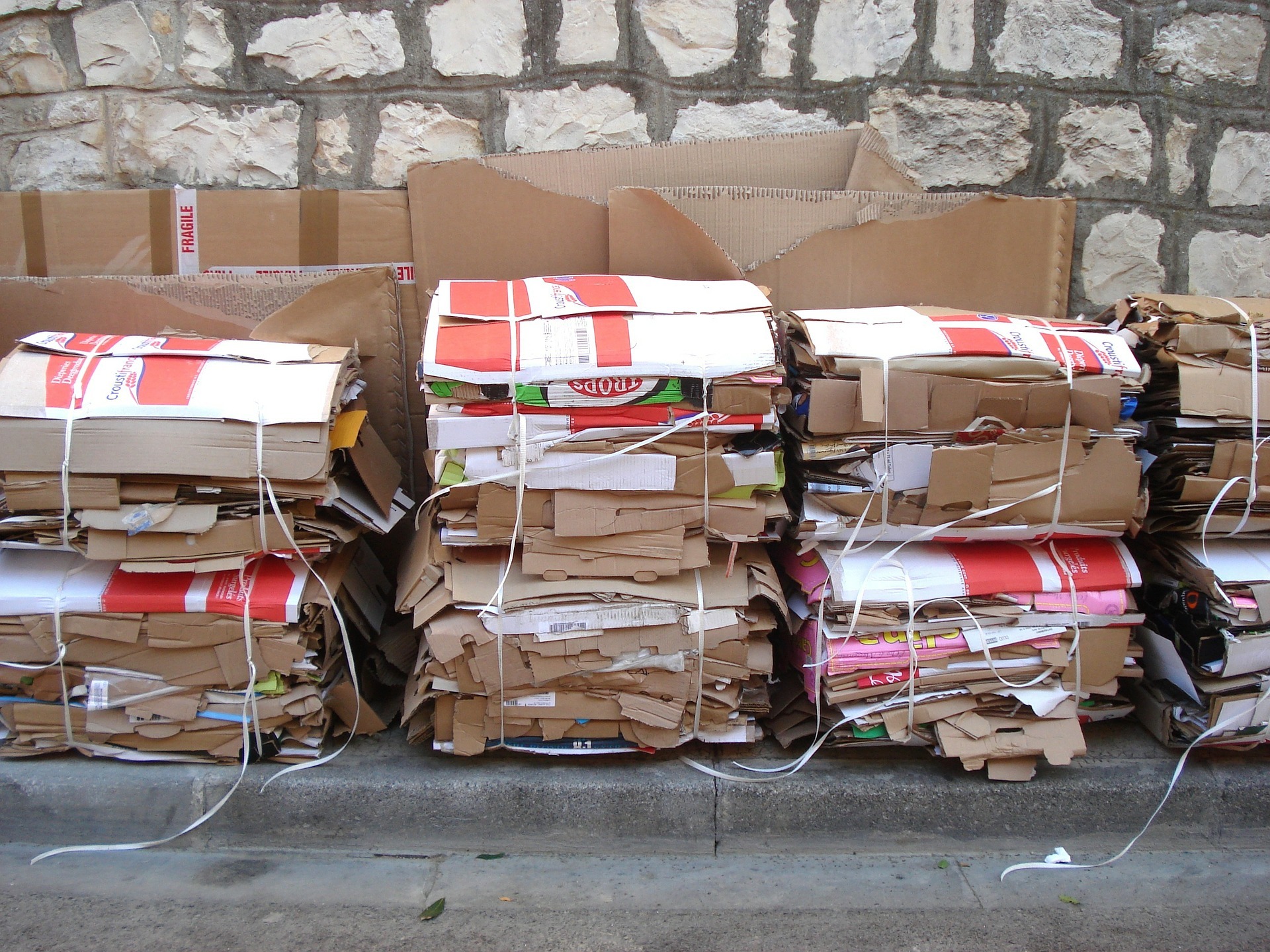It may sound like a bold statement for a company like Riverside Waste Machinery to make. For almost two decades we’ve spoken to clients, colleagues, peers and the wider industry about the importance of recycling. We’ve encouraged people to think carefully about the materials they disregard as ‘rubbish’ and therefore throw away. We’ve shared tips to help prevent these valuable resources from being sent to landfill, and we’ve sold hundreds of balers to companies who want to ‘up the ante’ when it comes to their own recycling efforts.
So why on earth are we now saying ‘there’s more to life than recycling?’ Riverside’s managing director Jonathan Oldfield explains…
In truth, we knew the headline would grab people’s attention. But there is an honest, serious message behind our blog too.
Recycling plays a very important role in the UK’s resource agenda. It helps us retain the value of materials that are far from the end of their useful life. And, as a nation, we still have a very long way to go, to achieve recycling perfection. That’s the main reason, for example, that e-commerce retailer Furniture Choice has recently launched an online tool to help people recycle their old furniture rather than resort to fly-tipping. Apparently 28% of people who fly-tip don’t realise they’re breaking the law! This one example alone shows just how much there is to be done, to ensure better recycling awareness and behaviour, throughout the country.
However, if we remind ourselves of the waste hierarchy, we remember that to truly protect the environment we need to think about activities other than recycling.
We need to take greater steps to prevent the creation of waste, at source. From avoiding unnecessary printing at work to thinking about what food we put in our supermarket trolleys, more sensible behaviour will reduce the amount of waste created in the first place.
I saw another great example when I recently stayed at a hotel. There was a sign in the bathroom which said that if I left the tap on for 60 seconds, whilst brushing my teeth, I’d waste 12 litres of water. I wonder how many people innocently overlook this opportunity to prevent wastage of one of the world’s most valuable resources? Well done to the hotel for pointing out this simple tip.
After the preventative ‘reduce’ strategy, the next priority, in line with the waste hierarchy, should be the reuse of materials. It’s fantastic to see restoration TV programmes becoming more mainstream, as people throughout the country look to turn other people’s unwanted goods into their next masterpiece. But examples of clever reuse go on and on. Supermarkets are dishing out recipes for leftovers to cut down on food waste, charity shops are thriving as people’s cast-offs find new life in someone else’s wardrobe, and websites like Gumtree and Freecycle are facilitating the ‘trade’ of everything from gadgets to garden furniture.
Only then, when we’ve taken steps to reduce or reuse our ‘waste’, should we think about recycling. Of course, recycling is very important indeed, and we will continue to ‘bang the drum’ when it comes to recycling at home and in the workplace. But if you want to be truly environmentally smart, there is ‘more to life than recycling’, however tongue in cheek our statement might be.






